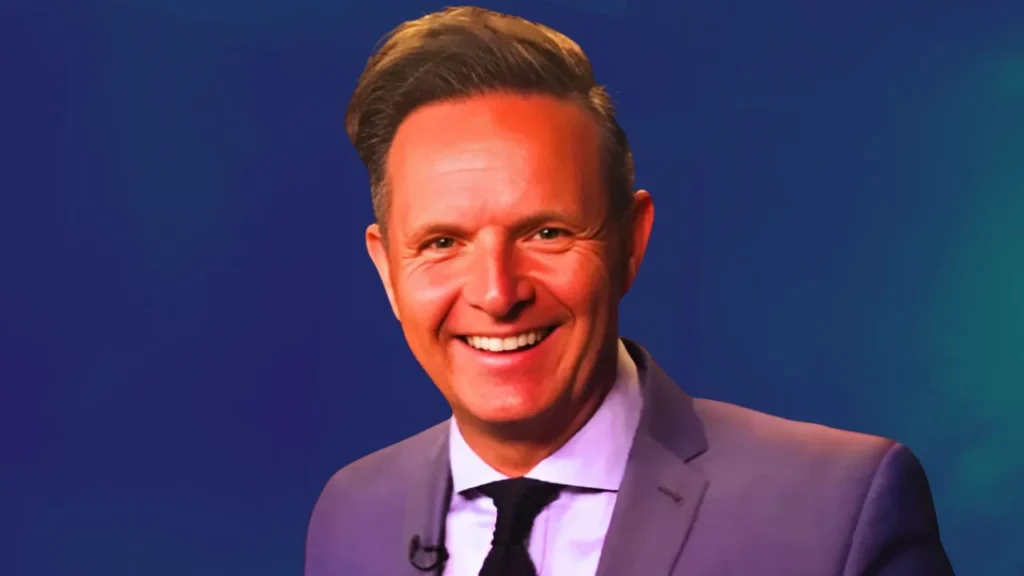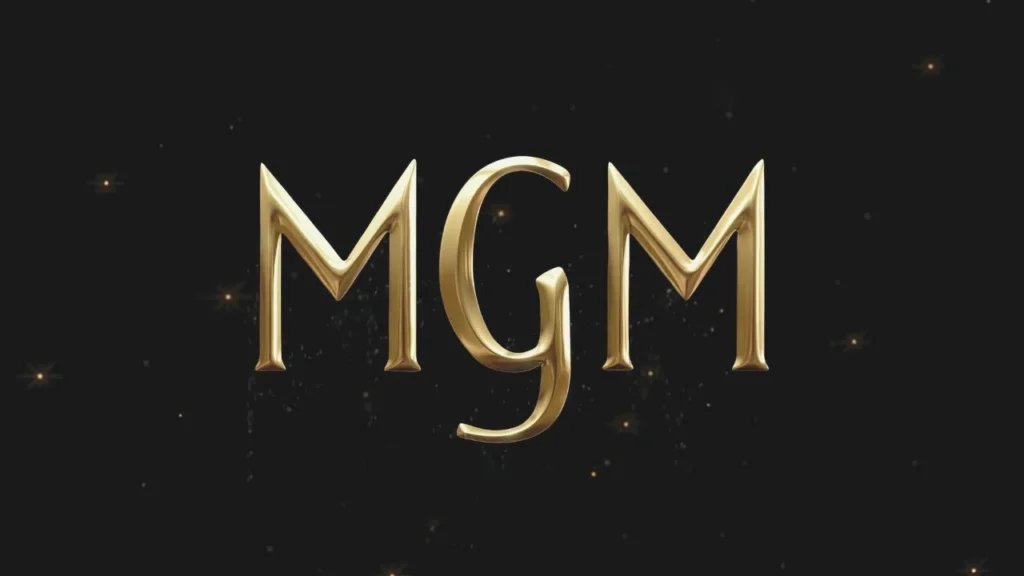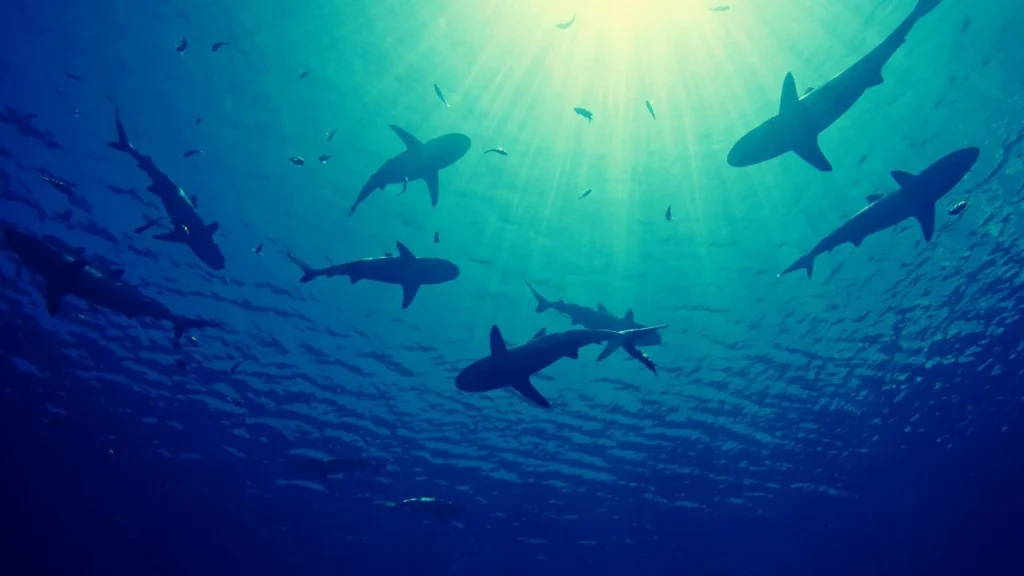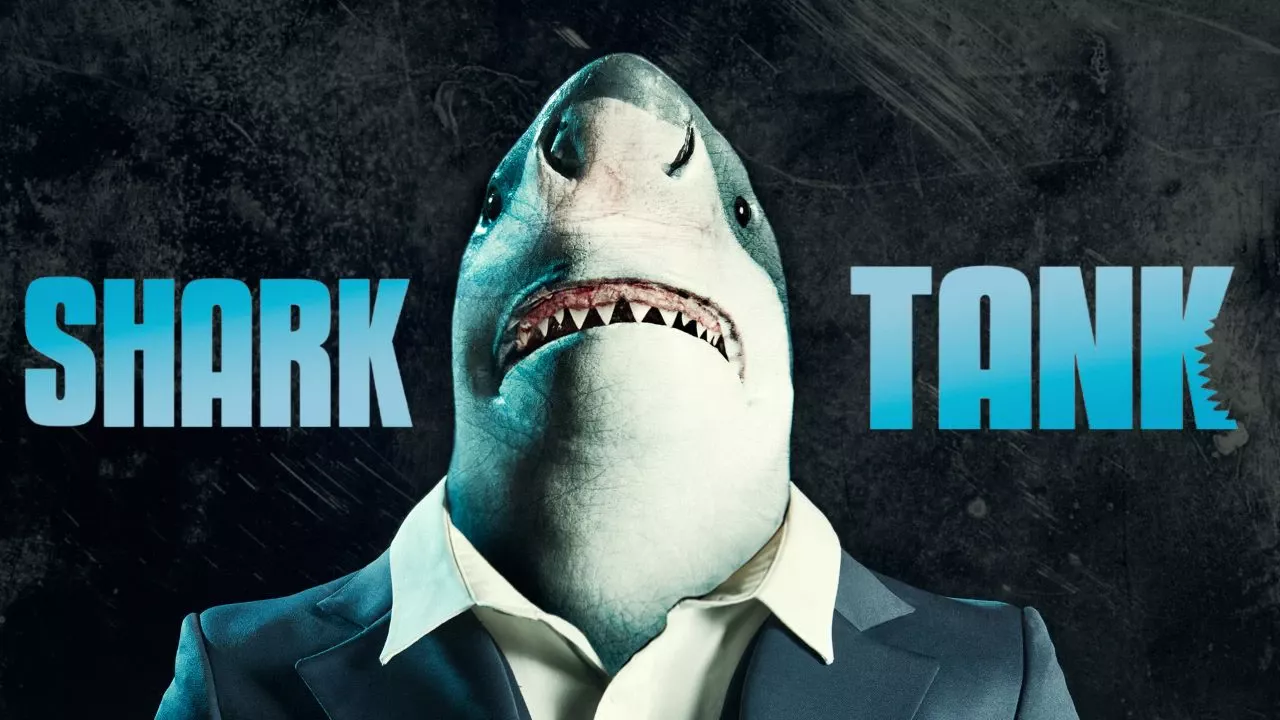Shark Tank is an iconic American reality television series that has captured the imagination of millions since its debut in 2009. The format, in which entrepreneurs pitch their business ideas to a panel of wealthy investors (the “sharks”), has not only provided entertainment but also launched countless successful startups. While the show’s high-stakes negotiations and intense pitch moments are a central draw for audiences, there’s a complex behind-the-scenes story about who truly owns Shark Tank and how its ownership evolved over the years.
The Core Ownership: Mark Burnett and MGM Television

At the heart of Shark Tank‘s production is Mark Burnett, one of the most successful producers in the world of reality television. Burnett is the creator and executive producer of the show, and his influence extends far beyond the cameras. He has been pivotal in adapting the Shark Tank format from the original British series, Dragons’ Den, into the U.S. version we know today.
While Burnett’s production company was initially independent, in 2018, Burnett’s company, United Artists Media Group (UAMG), merged with Metro-Goldwyn-Mayer (MGM), a historic Hollywood studio. This merger led to MGM Television becoming the official owner of the Shark Tank format. MGM, as the parent company of the production team, holds the rights to the show’s intellectual property, including its format, branding, and all related production assets.
The Journey to MGM’s Ownership

Before the merger, Mark Burnett had been working with his own production company to develop the show. In fact, Shark Tank had its roots in the international Dragons’ Den format, which first premiered in Japan and was later adapted in various countries, including the UK, Canada, and Australia. The Shark Tank format, like Dragons’ Den, revolves around entrepreneurs pitching their ideas to a panel of wealthy investors who then decide whether to invest their own money into the business in exchange for equity.
Burnett’s expertise in transforming international formats for American audiences is evident in his work on Shark Tank. When the show gained traction and became a major success in the U.S., its ownership became increasingly valuable. In 2018, Burnett’s company, UAMG, which was previously co-owned by him and other investors, merged with MGM, forming a much larger media entity that could leverage the Shark Tank format to its full potential.
MGM Television is the current owner of Shark Tank, having acquired all the rights to the show’s format and its ongoing production. Although Burnett is still heavily involved in the creative direction as an executive producer, MGM holds the legal and financial ownership of the show.
The Role of ABC and Broadcasting Partnerships
While MGM Television owns the show, ABC (the American Broadcasting Company) is the network that airs Shark Tank. ABC has partnered with MGM to broadcast the show since its inception, making it one of the signature programs in the network’s primetime lineup.
ABC does not have ownership rights over Shark Tank; rather, it serves as the broadcaster, responsible for airing new episodes and promoting the show. This partnership with MGM allows Shark Tank to be part of ABC’s diverse slate of programming, but the financial and legal rights to the show remain with MGM Television.
Who Are the Sharks? Investors with Big Stakes

The Shark Tank panel, known as the “sharks,” is made up of a rotating group of high-profile business moguls who bring their expertise, money, and negotiating skills to the table. These investors are not owners of the show but are key players in its success. They include people like:
- Mark Cuban, billionaire entrepreneur and owner of the Dallas Mavericks.
- Lori Greiner, a retail and product development expert, often called the “Queen of QVC.”
- Barbara Corcoran, real estate mogul and founder of The Corcoran Group.
- Kevin O’Leary, known for his blunt style and sharp business acumen.
- Robert Herjavec, a technology entrepreneur and cybersecurity expert.
- Daymond John, a fashion mogul, best known as the founder of FUBU.
These sharks invest their own money into the businesses presented on the show, negotiating deals with entrepreneurs for a stake in their companies. While they make money from successful deals, they do not share in the ownership or profits generated by Shark Tank itself. Their role is more about bringing their business expertise to the table in exchange for equity in the businesses featured.
The Format’s Global Success and Licensing
Another fascinating aspect of Shark Tank‘s ownership is its global appeal. The show’s format has been licensed in numerous countries, each adapting the concept to its own local market. For example, Shark Tank has versions in Canada, Australia, the UK, and several other nations. However, while these international versions operate under the same basic format, the specific rights and ownership of the show in each country may vary.
In some cases, international networks like Channel 10 in Australia or the BBC in the UK hold the broadcast rights for local versions of the show. The original format, however, remains controlled by MGM Television, which licenses it to networks around the world.
The Big Picture: Who Truly Owns Shark Tank?
To break it down:
- Mark Burnett is the mastermind behind the show’s creation and is an executive producer, but he no longer holds ownership.
- MGM Television is the legal owner of Shark Tank after acquiring the rights through its 2018 merger with Burnett’s company.
- ABC is the broadcaster that airs the U.S. version of Shark Tank, but it does not own the rights to the show.
- The Sharks, the investors on the panel, do not own the show, but they participate as independent investors in the companies pitched during the series.
Conclusion
The ownership of Shark Tank is ultimately held by MGM Television, which acquired the rights from Mark Burnett’s company during a merger in 2018. While Burnett played a pivotal role in creating and shaping the show, MGM now controls the format. ABC airs the show, but the network doesn’t own it, and the sharks themselves are investors in the businesses pitched, not the show itself. The success of Shark Tank is a product of strategic ownership, creative vision, and a format that has resonated with audiences around the world.

